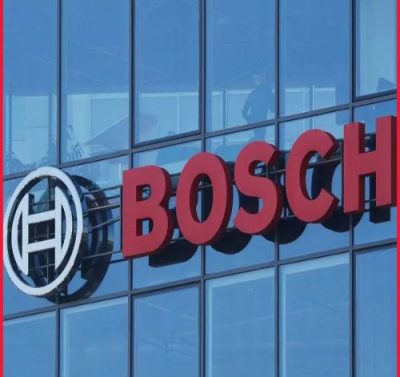JSW Neo Energy, a subsidiary of JSW Energy, has announced plans to build a 1,500 MW pumped storage facility in Telangana for Rs 9,000 crore.
An official announcement published on Wednesday said that the state government and JSW Neo Energy inked a Memorandum of Understanding (MoU) at the World Economic Forum in Davos.
Sajjan Jindal, Chairman of the JSW Group, met with Telangana Chief Minister A Revanth Reddy on the sidelines of the WEF and revealed plans to establish the project, according to the report.
JSW Neo Energy, a fully owned subsidiary of JSW Energy that specializes in renewable and innovative energy solutions, would be in charge of implementing the planned project in Telangana.
Revanth Reddy assured all required assistance for the project, saying JSW is a critical partner for the state in its path to clean and green energy, and the government is eager to engage with JSW on future projects in India.
Sajjan Jindal thanked JSW and the Government of Telangana for their planned project.
According to the statement, the meeting also included Minister for Industries D Sridhar Babu, Principal Secretary Jayesh Ranjan, and Special Secretary for Investment Promotion Vishnu Vardhan Reddy.
Telangana, a dynamic and fast-rising state in southern India, has launched on an incredible path of growth and change via a succession of ambitious megaprojects. Since 2014, the state has seen substantial development and improvement.
The Mumbai-Hyderabad High-Speed train Project, often known as the Hyderabad Mumbai Bullet, is a planned 767-kilometer high-speed train route that would connect Mumbai, Pune, and Hyderabad via 11 stops in Maharashtra and Telangana.
Along with the Mumbai-Ahmedabad line, the project will play an important role in India’s high-speed rail network. It will be India’s third high-speed rail line project incorporating Mumbai, greatly reducing travel time between the two cities.
The corridor’s terminal may be constructed in Navi Mumbai and connected with the international airport that is presently under development. Aside from the airport, it will be connected to Navi Mumbai’s metro, and connectivity will be expanded to include a connection to the Mumbai Trans Harbour Link.
The Indian government intends to construct six new high-speed rail lines, the fifth of which is the Mumbai-Hyderabad High-Speed Rail project, with basic bidding activities beginning in October 2020.















